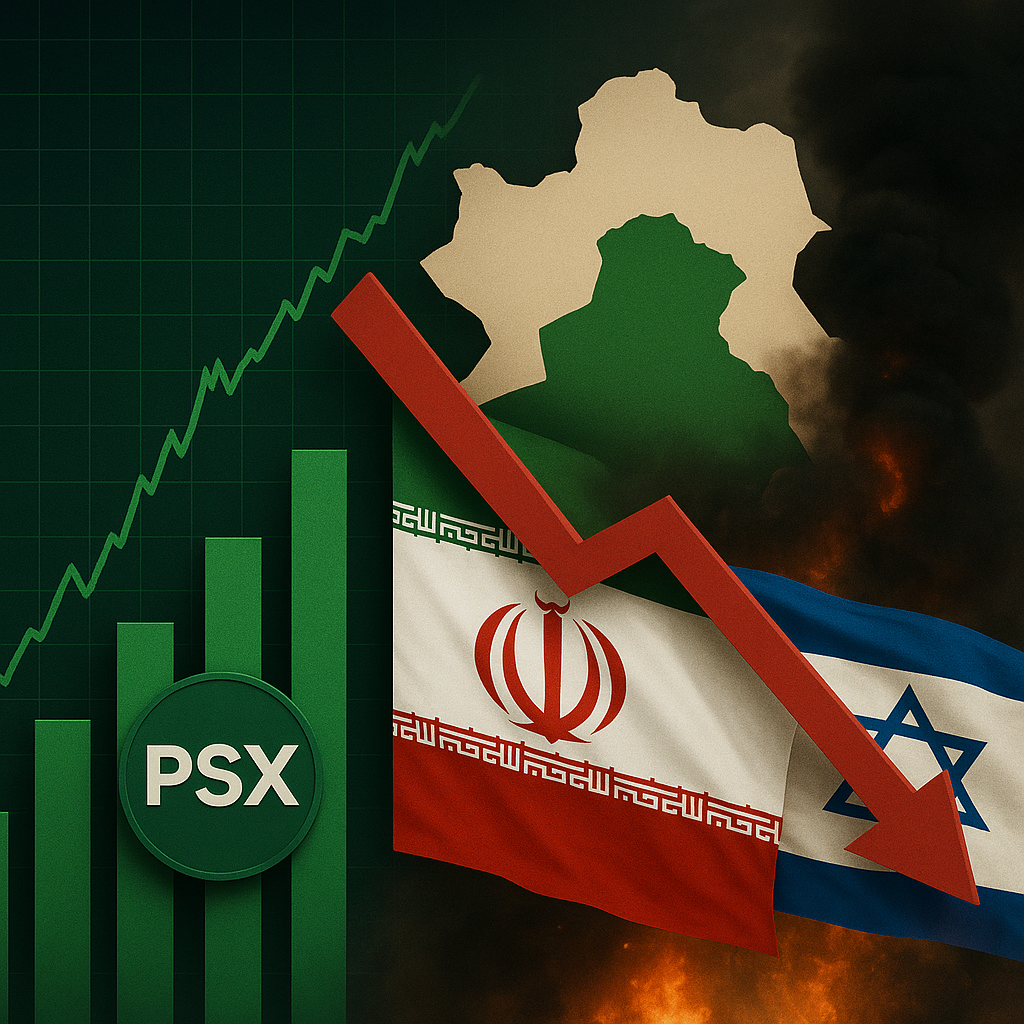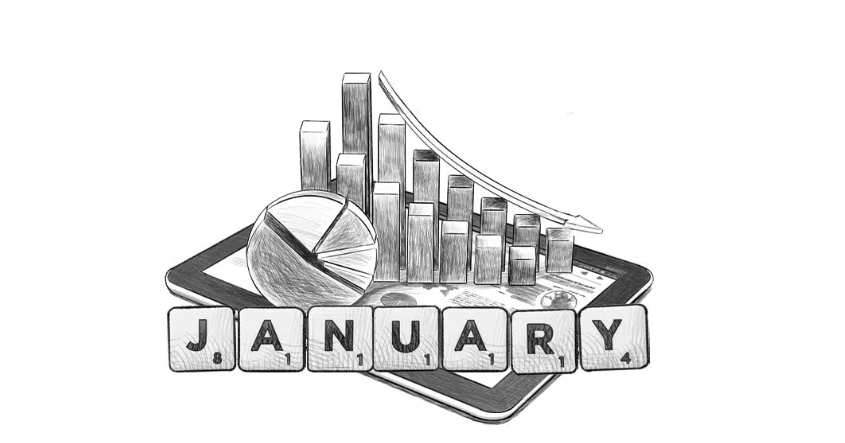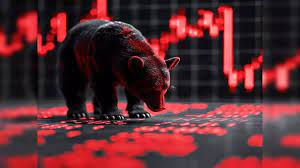Over the past week, the Pakistan Stock Exchange (PSX) has shown remarkable restraint despite the deepening geopolitical crisis in the Middle East. This relative calm is largely underpinned by an assumption in the market: that the conflict will remain contained and that the United States and Russia — particularly through President Putin’s mediation — will ultimately steer the region towards a ceasefire. However, recent developments suggest that this optimism might be premature.
Market Calm or Market Complacency?
Since Monday, the PSX has not reacted with the kind of volatility one might expect in the face of escalating tensions between Israel and Iran. This is not necessarily because the risks have disappeared — rather, it’s because investors have priced in a diplomatic resolution. But markets are often wrong, especially when they underestimate political volatility.
A more complex and dangerous scenario is beginning to emerge: one where the United States may actively join forces with Israel against Iran. If such involvement materializes, it could spark a broader regional conflict. Iran, facing existential stakes, may retaliate by targeting U.S. military bases across the Middle East, a development that could plunge the entire region into chaos.
Implications for Pakistan’s Economy
The potential fallout from a broader Middle East conflict could be severe, especially for oil-importing countries like Pakistan. Here are some key economic vulnerabilities:
• Surge in Oil Prices: A regional war would almost certainly drive global oil prices significantly higher. For Pakistan, which is heavily reliant on imported oil, this would translate into increased import bills, thereby widening the trade deficit.
• Inflationary Pressures: With higher oil prices comes inflation. Energy costs would rise across the board — from fuel at the pump to electricity tariffs — straining household budgets and business operations alike.
• Supply Chain Disruptions: A possible Iranian attempt to shut down or restrict access to key maritime routes, particularly the Strait of Hormuz (referred to in some circles as the “state of arms”), could lead to severe supply chain disruptions. The Government of Pakistan has already acknowledged this risk. If shipping lanes are compromised, Pakistan may struggle to import the required volumes of oil, potentially halting industrial activity.
• Macroeconomic Stress: Rising oil prices would place pressure on the current account, potentially push the rupee into further depreciation, and jeopardize recent gains in economic stability. Businesses might be forced to cut production or pass on increased costs to consumers, further fueling inflation.
Cascading Impact on PSX
Naturally, these economic headwinds would ripple into the Pakistan Stock Exchange. Investor sentiment thrives on certainty and stability — and this potential geopolitical quagmire offers neither. High inflation, energy shortages, and trade disruptions would likely lead to:
• Reduced corporate earnings
• Lower investor confidence
• Capital flight and reduced foreign inflows
• Increased volatility across key indices
In such an environment, a downward correction in equity markets seems inevitable.
Strategy: Earn Less, Lose Nothing
In a climate of such uncertainty, prudence is key. Investors often debate whether it’s better to stay invested through the volatility or to exit early. However, as the current situation unfolds, one mantra stands out: earn less, lose nothing.
When faced with even a slight possibility of a prolonged and destabilizing conflict, the smarter strategy might be to stay on the sidelines. It is often wiser to pay a small premium for safety than to risk substantial losses in the name of potential returns. Risk management isn’t just a technical exercise — it’s about making disciplined, emotionally detached decisions in the face of uncertainty.
Understanding Politics is Understanding Markets
At the heart of this entire discussion lies one core insight: understanding the stock market requires understanding politics. The dynamics of war, diplomacy, sanctions, and treaties directly influence global markets — and PSX is no exception.
Ultimately, the key question for market participants is not just “Where will oil prices go?” but “Will the U.S. involve itself directly in Israel’s campaign against Iran?” The answer to that will likely dictate the next major move in both oil prices and equity markets.
So, for now, the best strategy might not be a technical one, but a political one. In this high-stakes environment, investors must think less like traders and more like geopolitical analysts.





